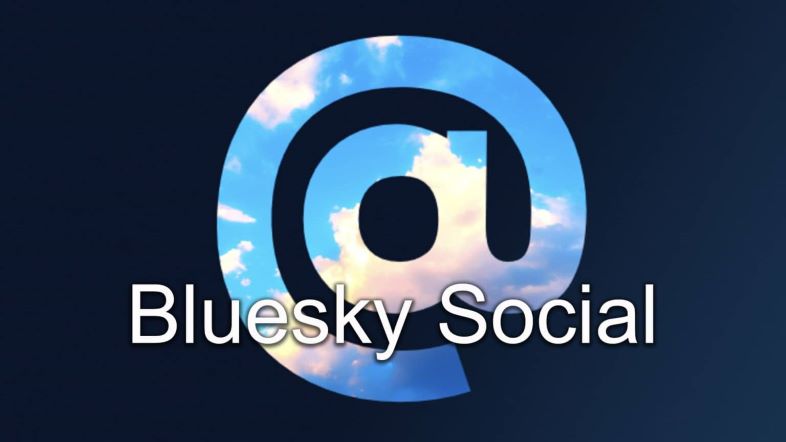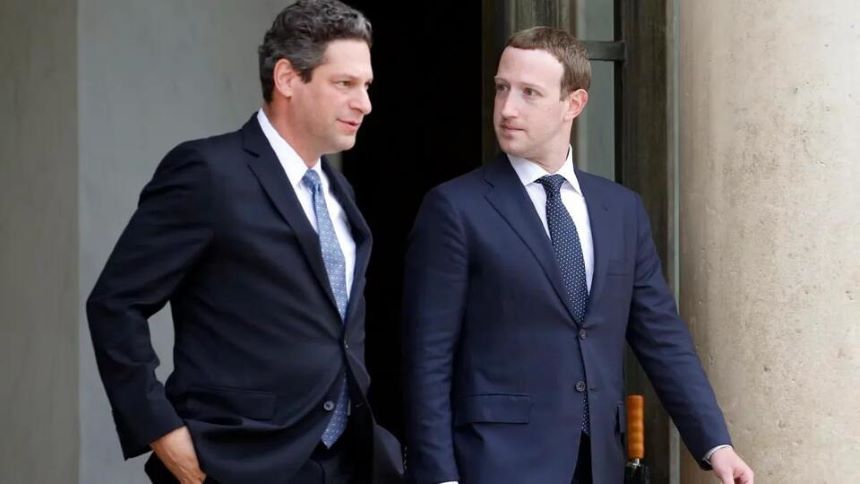Nandini Roy Choudhury, writer
Brief news
- OpenAI is allowing employees to sell $1.5 billion in shares through a tender offer to SoftBank, enabling the conglomerate to increase its stake in the AI startup.
- Employees have until December 24 to decide on participation, with the offer available to those holding shares for at least two years.
- OpenAI’s valuation has surged to $157 billion, driven by significant investments, while the company anticipates $5 billion in losses this year.
Detailed news
According to sources OpenAI is permitting its employees to dispose of approximately $1.5 billion in shares through a new tender offer to SoftBank.
Two individuals with knowledge of the situation informed CNBC that the new financing will enable the Japanese tech conglomerate to acquire an even larger portion of the AI startup and enable current and former OpenAI employees to liquidate their shares.
One of the individuals stated that employees will have until December 24 to determine whether they wish to participate in the new tender offer, which has not been previously disclosed. Masayoshi Son, the billionaire founder and CEO of SoftBank, was persistent in his request for a larger stake in the startup after investing $500 million in OpenAI’s most recent funding round, according to one of the individuals. This persistence was the catalyst for the agreement.
One of the individuals stated that the tender offer is not associated with OpenAI’s prospective intentions to transform the company into a for-profit enterprise.
SoftBank and OpenAI declined to provide a response.
Son’s interest in the AI sector and his support of the most valuable private players are underscored by the transaction, which was executed through SoftBank’s Vision 2 fund, according to individuals with knowledge of the matter. Son stated at a conference in October that he is saving “tens of billions of dollars” to make the “next big move” in artificial intelligence, and SoftBank was an early investor in semiconductor company Arm. He has previously made investments in Qualcomm, Apple, and Alibaba.
The Vision Fund 2 of SoftBank has recently made investments in the AI ventures Glean, Perplexity, and Poolside. Across its two vision funds, SoftBank maintains approximately 470 portfolio companies and $160 billion in assets.
SoftBank’s haste to deploy cash is mirrored by the OpenAI investment, which is based on a capital-intensive business model, according to an individual who is close to Son, as reported by CNBC.
OpenAI has been able to raise billions of dollars without the financial support of SoftBank. In the two years since ChatGPT was introduced, its valuation has increased to $157 billion. In October, OpenAI concluded its most recent $6.6 billion round, which was led by Thrive Capital and included participation from chipmaker Nvidia, SoftBank, and others. Microsoft has contributed approximately $13 billion to the company.
A $4 billion revolving line of credit was also granted to the corporation, resulting in a total liquidity of over $10 billion. In September, CNBC confirmed that OpenAI anticipates approximately $5 billion in losses on $3.7 billion in revenue this year, according to an individual with knowledge of the situation.
Employees of OpenAI have the option to withdraw their funds
One of the individuals stated that the tender offer will be available to current and former employees who were granted restricted stock units at least two years ago and have held the shares for at least that long. The most recent funding round of the company will be in alignment with the unit price of $210.
In the face of a stagnant IPO market and escalating company valuations, tender proposals have become indispensable for technology employees. In order to maintain employee satisfaction and alleviate the necessity of listing on public markets, private companies depend on these agreements. Secondary stock sales are the sole method for shareholders to retain a portion of their paper wealth in the near future, as OpenAI has no imminent initial public offering and a price point that is prohibitively expensive for potential acquirers.
According to a report by CNBC on Tuesday, Databricks is an additional private company that is raising funds to enable employees to pay out and circumvent public market pressure.
According to a June report by CNBC, OpenAI previously implemented more stringent requirements for tender offers, which enabled the company to regulate who was eligible to participate in stock sales. In the past, CNBC was informed by current and former OpenAI employees that there was increasing concern regarding liquidity access following reports that the company had the ability to reclaim vested equity.
However, the organization altered its policies regarding secondary share sales in June and now permits both current and former employees to participate in annual tender offers on an equal basis.
A person familiar with the new tender offer has indicated that the company anticipates the need to reenter private markets in the future due to the capital-intensive nature of the business and the demand from investors. They also anticipate that the company will permit an increased number of these secondary sales.
OpenAI has encountered an escalating level of competition from technology titans like Google and startups like Anthropic. According to recent data from Menlo Ventures, the generative AI market is expected to surpass $1 trillion in revenue within the next decade, and business expenditure on generative AI has increased by 500% this year.
OpenAI introduced a search feature in ChatGPT, its ubiquitous chatbot, in October. This feature enables the high-powered AI startup to more effectively compete with search engines like Google, Microsoft’s Bing, and Perplexity.
Source : CNBC news




